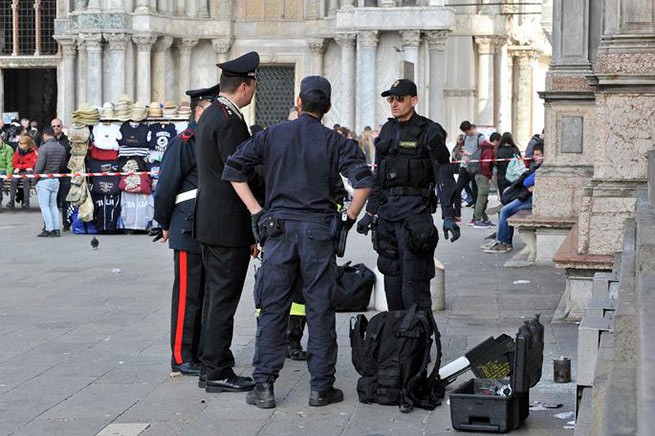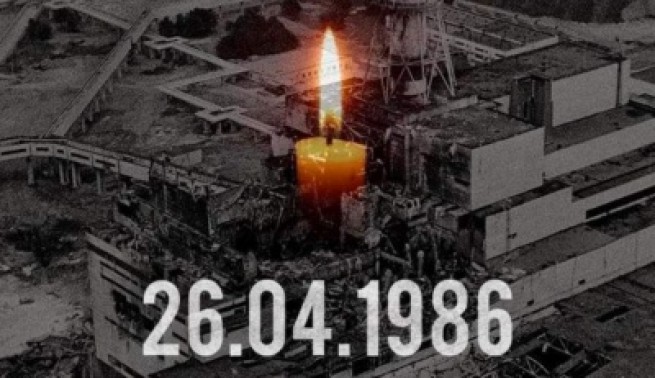Do Russians approve of their government’s decision to invade Ukraine? Can opinion polls be trusted, and what do their data say? The topic of the latest polls is “Do Russians want wars?”.
Estonian President Alar Karis, speaking at a rally in support of Ukraine, said:
“This is not a war of the Russian people, this is a war of President Putin.”
So does US leader Joe Biden:
“I don’t believe that you want a bloody, destructive war against Ukraine, a country and people with whom you have such deep family, historical and cultural relations.”
Similar statements are heard from other statesmen and politicians in the West. Nevertheless, analysts state that the invasion of Ukraine enjoys broad support among Russians. For example, data from a study conducted by VTsIOM (All-Russian Center for the Study of Public Opinion), conducted in early March, show that more than 70% of respondents support a “special military operation”, while 21% of respondents were against it, claims euronews.
Similar data was presented by the Levada Center. Lev Gudkov, his supervisor, speaks of the sociologists’ decision not to publish the data “so as not to legitimize the war.” Military actions in Ukraine were supported by two-thirds of those polled by the Levada Center, just over 25% condemned the invasion. But the mood in society is complex, Gudkov notes:
“Almost half are proud of how the army operates, and, generally speaking, the decision taken by the Russian leadership to start hostilities. A little less than 40% experience shame, indignation, anger, depression, and so on. These sentiments are almost equally divided.”
He draws attention to the dependence of answers on belonging to a particular social group:
“This war is mainly supported by people who are less educated, older, residents of villages and small / medium-sized cities. This is a “social periphery”, dependent on official channels of information, primarily on television, which has generally turned into an instrument of aggressive deceitful demagogy and propaganda.
At the same time, according to the sociologist, the younger ones, who receive information from social networks and ignore television, are against the war. Most dissatisfied in the Russian capital:
“The data is very different. A little less than 60% condemn and have a negative attitude (to the war) in Moscow, about 70% of the rural and small-town population approve of these actions. Directly polar opinions are divided depending on the source of information. But this is understandable, because for several years there was a strong indoctrination of the population precisely through television channels, through the channels of state propaganda. People are prepared and accept the versions that the state offers them: that a fascist coup took place in Ukraine, inspired by the United States, that the Nazis came to power, and this creates the conditions for genocide in the south and east of Ukraine. They have no other sources of information other than television, so they accept it and, despite all the fear of war and the unwillingness of this war, they believe that the Russian leadership did the right thing.
The deputy head of the Levada Center notes that more informed Russians are in shock and horror, feel shame and depression. “Moods of helplessness” are widespread among them, the feeling that nothing can be fixed, there is a readiness for a panic flight from Russia among those who have such an opportunity.
Can we trust the poll results in Russia? In recent years, distrust has been expressed about them. Aleksey Minyailo, a former person involved in the Moscow Case, is sure that fear and unwillingness of Russians to answer sincerely sensitive questions play a role. In turn, Lev Gudkov insists that opinion polls can be trusted:
“All the talk about people being afraid to answer is not true. People are not afraid to respond. Those who hold this opinion are critical of this government and justify their fear a little in this way, not wanting to understand how strong the processes of restoration of totalitarianism are in Russia. There is a powerful processing of the mass consciousness, such institutions as the political police, censorship, power, propaganda and just a system of intimidation work. We see new laws, according to which people will be punished for any opinion other than officialdom. It makes a very strong impression indeed. In addition, many people are fired, those who spoke out against the war, signed the appeal against the war. They are also under pressure from the police.”
Gudkov assures that the Levada Center can check the answers of the respondents – polls are conducted using tablets, and the answers are recorded:
“You can see how people react, with what intonation, with what indignation, very often simply switching to obscene language in assessing what is happening. Only a small part of the respondents hides their opinion, refusing to answer or choosing the option “I find it difficult to answer.”
Sociologists of the Levada Center do not note any significant fluctuations in the rating of the Russian government after the start of the “special operation” in Ukraine. Gudkov says:
“We do not expect such a wave of patriotic, chauvinistic euphoria, as it was in 2014 after the annexation of Crimea, and it is unlikely to happen again. The province (approximately 60% of the population) is a poor, very depressed part of the population, little dependent on any kind of sanctions. Their income does not allow them to use imported goods. This part of the population is very limited in their needs. In order for this wave of inflation, unemployment, and economic decline to reach them, some time must pass, about 2-3 months, before people realize the causal relationship between political events and their impact on everyday life. It will happen, but it will take time.”
The sociologist considers information about the death of Russian soldiers during the outbreak of war to be an important factor. When the real scale of the losses is revealed, this, in his opinion, will inevitably cause a negative reaction in society. Now censorship has practically blocked this data (on losses), so people are at a loss, in alarm. No idea what is going on there. In fact, today Russia has plunged into a state of informational isolation. Censorship completely blocks social networks, and few people have a real picture of what is happening.
On March 4, a law came into force in Russia prohibiting the dissemination of “knowingly false information” about the use of the country’s armed forces. All information corresponding to the real state of affairs, the government claims, is contained in the official reports of Russian government agencies. Publication of other data about the war faces up to 15 years in prison. For “public actions aimed at discrediting” the Russian military, and calls not to use the army – up to 5 years.
Coverage of the Russian invasion of Ukraine became a formal basis for blocking a number of Russian publications, some were liquidated or ceased their activities (radio station “Echo of Moscow” and TV channel “Rain”). The threat of criminal prosecution for diversified coverage of the war forced many Russian and foreign media outlets to suspend their work in the country.






More Stories
Poland is ready to assist Ukraine in the return of draft dodgers
First negotiations between Ukraine and the Russian Federation on displaced children (video)
"Inflated hopes and delay in the onset" – what to expect on the battlefield in Ukraine